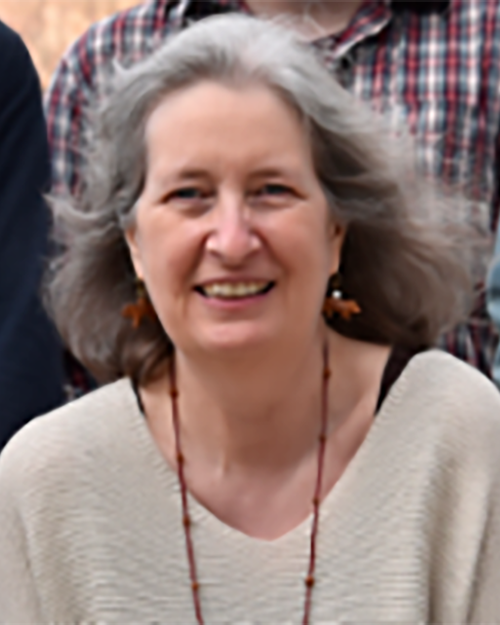-
About
- Leadership & Faculty
- News & Events
-
Admissions
-
Academics
- Graduate
- Advanced Clinical Training
- Continuing Education
- Academic Departments
- Academic Offices
- Simulation Experiences
-
Student Life
- Offices
-
Research
-
- Transformative Research
- Centers & Shared Resources
-
-
Hospitals & Clinics
- Emergency Care
- Hospital Services
-
Community Outreach
- Volunteer

Research/Areas of Interest
Animals and public policy; Attitudes toward wildlife; Relationship between social movements and political institutions; State wildlife policies related to large carnivores; Ballot measures; Marine wildlife; Gender gap in attitudes and voting; Online education; Experiential learning and civic engagement.
Education
- B.A. in Government, Smith College, 1983
- Ph.D. in Social Policy, Heller School for Social Policy and Management, Brandeis University, 1994
- M.S. in Animals and Public Policy, Cummings School of Veterinary Medicine at Tufts University, 2005
Biography
What aspects of M.S. in Animals and Public Policy (MAPP) led to your decision to join the program?
I chose the MAPP program to shift my public policy focus from women’s rights and social policy to animals and public policy.
In what ways do you use your MAPP degree in your current position?
Before I entered the MAPP program, I had 20 years of professional experience in the field of women and public policy and a Ph.D. in social welfare policy. The MAPP program allowed me to shift my policy focus to animals and public policy and to build expertise and contacts in animals and public policy. Since my graduation from the MAPP program, I have used this expertise in higher education as a political science professor. In addition to incorporating insights in animals and public policy into traditional political science courses, I have developed new courses including Animals & Society and Wildlife and Public Policy and taught public policy analysis as an adjunct professor at MAPP. I also have mentored undergraduate and graduate research related to animals and public policy.
Tell us about your MAPP project or preceptorship. In what ways did it help you form your career goals?
The survey of attitudes toward coyotes on Cape Cod, which I conducted as my final MAPP project, was the springboard for my continuing human dimensions of wildlife scholarship. I have published journal articles based on this study and its replication and contributed to public policy deliberations related to predator management. My current research on attitudes towards seals Nantucket and Cape Cod among residents, tourists and fishermen builds upon this research.
What did you like most about the MAPP program?
I appreciated the opportunity to focus exclusively on animals and public policy, the faculty expertise, and the networking within the animal protection movement that the program facilitates.